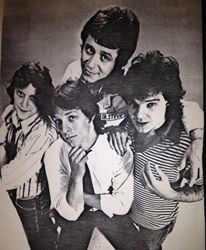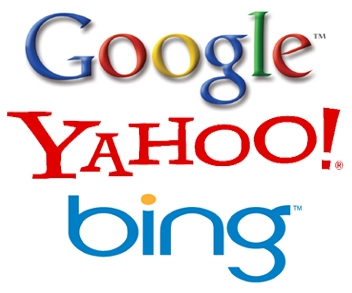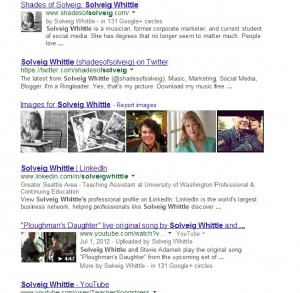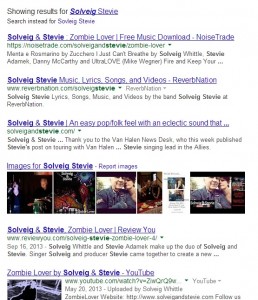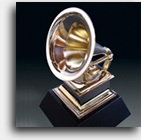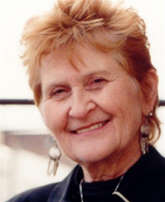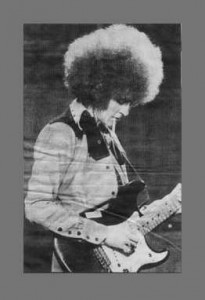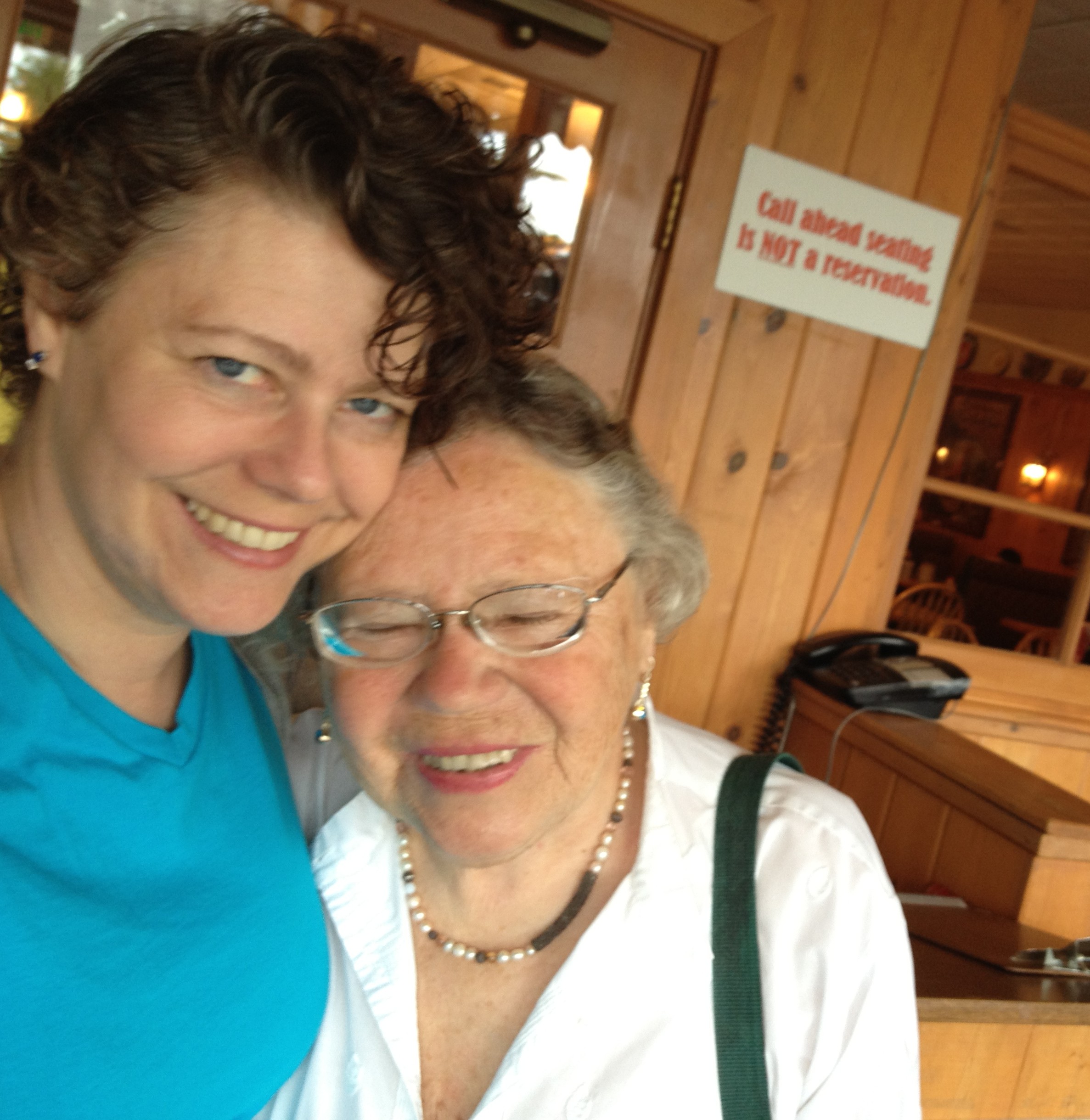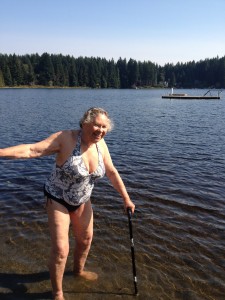[The following is a guest post by my friends at Ditto Music. That’s why the spelling is British 🙂 Ditto Music is an online music record label services and digital distribution company servicing over 50,000 artists across the world. Services include chart eligibility, royalty collection and online promotion. I have guest posted on their site.
This post is particularly relevant for me this week. Being a DIY musician, I have done each of the things suggested below myself to promote either my current band, Solveig & Stevie, or my former band, Shades of Red. So I can personally attest to the fact that they are all important. I think #6 below is something that many bands and singer-songwriters wrestle with, myself included. I’d love to hear your feedback on this.
Stevie and I are planning a professional photo shoot and a band website redesign this month, and I’m pretty excited for that. You’ll probably see a blog post or two from me about those experiences. Meanwhile, here are some great music marketing tips from Ditto Music.]
If you are embarking on a career in music, having talent and determination will only get you so far. In order to reach the heights of international stardom, you will also need to promote your music if you decide to go down the road of independent publishing. The internet and the wide range of digital outlets available will provide you with many opportunities to spread the reach of your music. By adopting these 10 simple strategies, you can maximise your chances of reaching the top of the charts.

